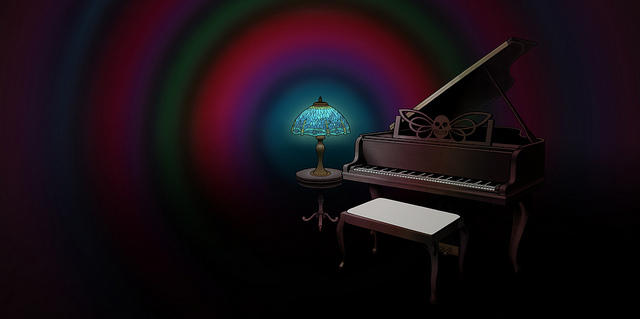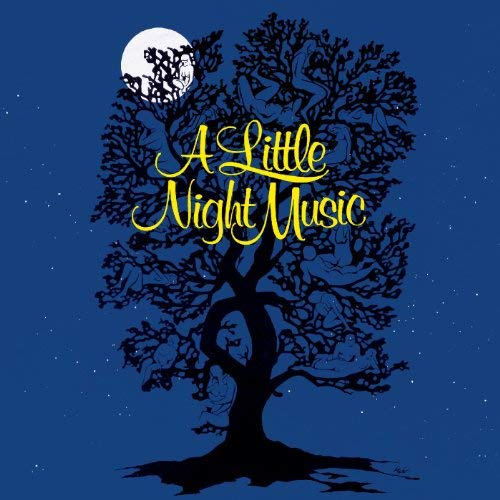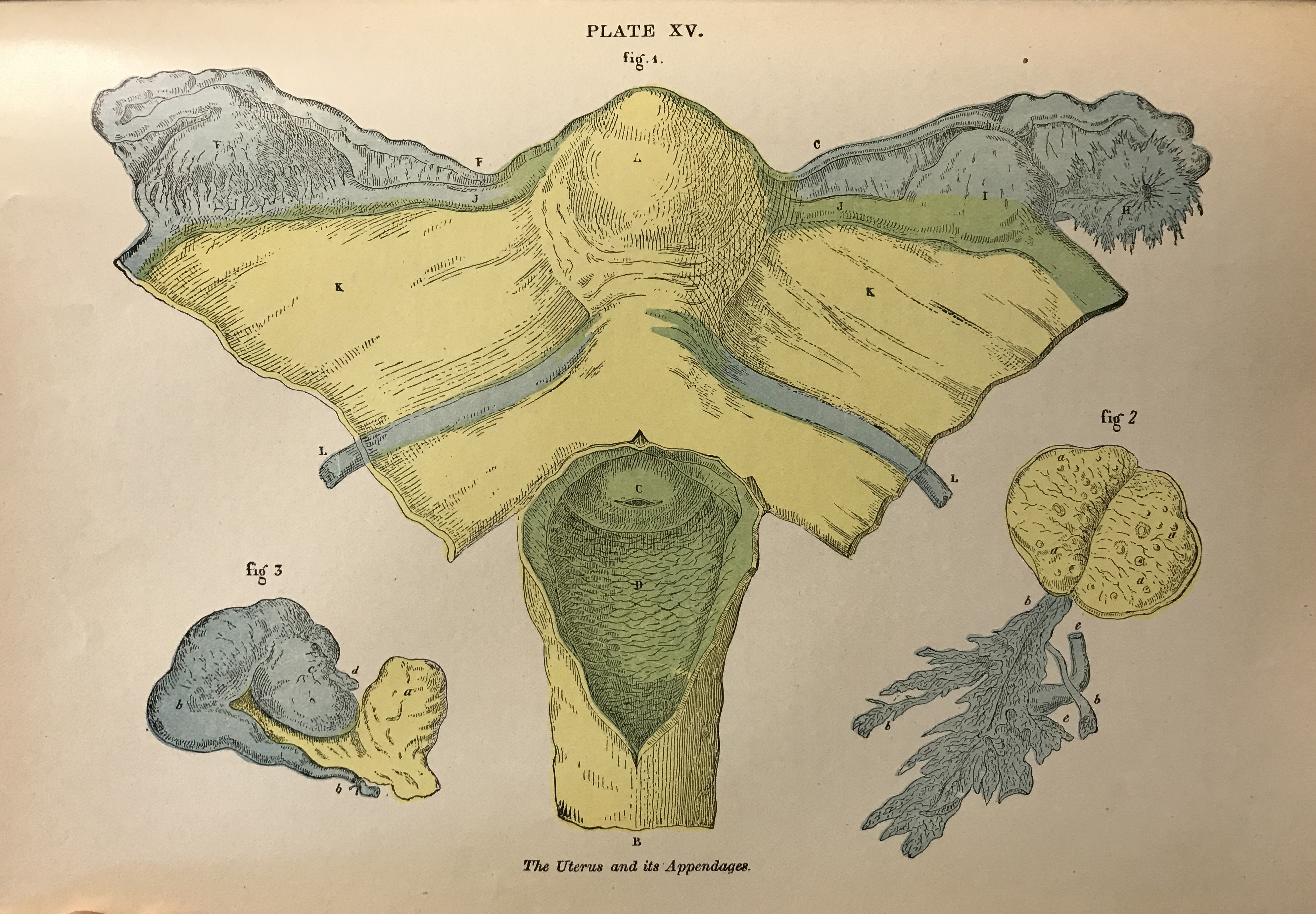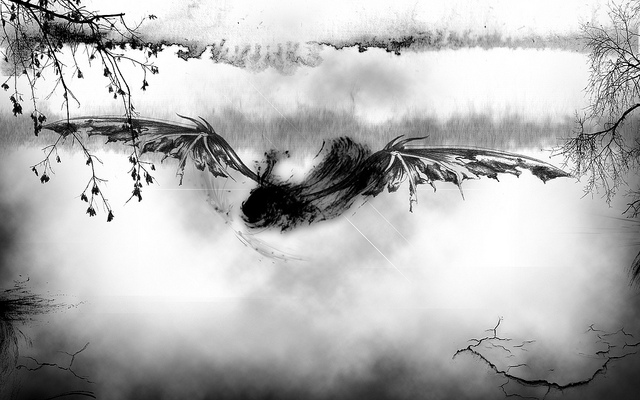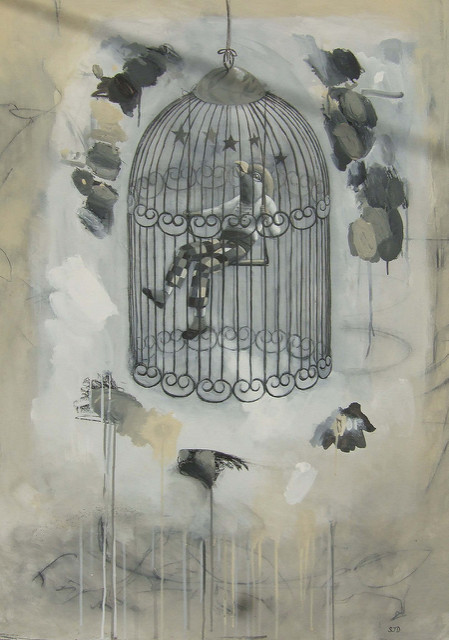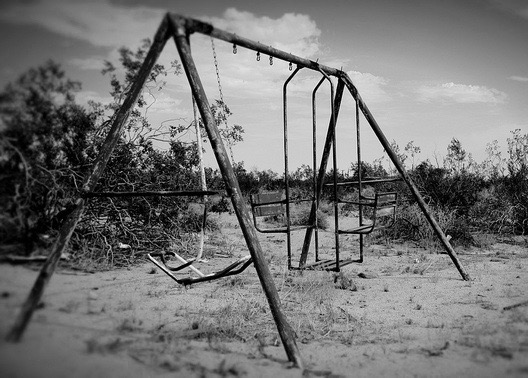Sudan
By Carolyn Welch
The last white male rhino is dying. What
among us is meek? The largest?
The trophy sized slow moving giants
whose downfall is simply a matter of
being trophy sized and slow?
Scientist ready to rush in with swabs and
test tubes to save cells, hair, semen.
The stock market, however, is fine,
our precious blinders intact and well.
Tonight we build a fire, not
because we need fire or heat or light.
We watch flames struggle, nurse them
against the odds, until they devour
our wooden offerings. A bit of heat.
A little light. The rhinoceros quieting
half a world away.
Sudan, the last male white rhinoceros, died at the Dvur Kralove Zoo in Czech Republic March 19, 2018. Extinction attributed entirely to human activity.
Carolyn Welch worked for many years as a pediatric intensive care nurse and currently works as a family nurse practitioner. Carolyn’s poetry and fiction have appeared in Gulf Coast, Poet Lore, Sundog, Tar River Poetry, Conduit, Connecticut River Review, High Desert Journal, The Southeast Review, Zone 3, The Minnesota Review, American Journal of Nursing and other literary journals. Her poem “Rain Run” was nominated for a Pushcart Prize. Her poetry collection, The Garden of Fragile Beings, was published October 2018 by Finishing Line Press. She has an MFA from the Bennington Writing Seminars, and lives in Tennessee with her husband, children and three spoiled rescue dogs.
Photo credit: Laura Bernhardt via a Creative Commons license.




